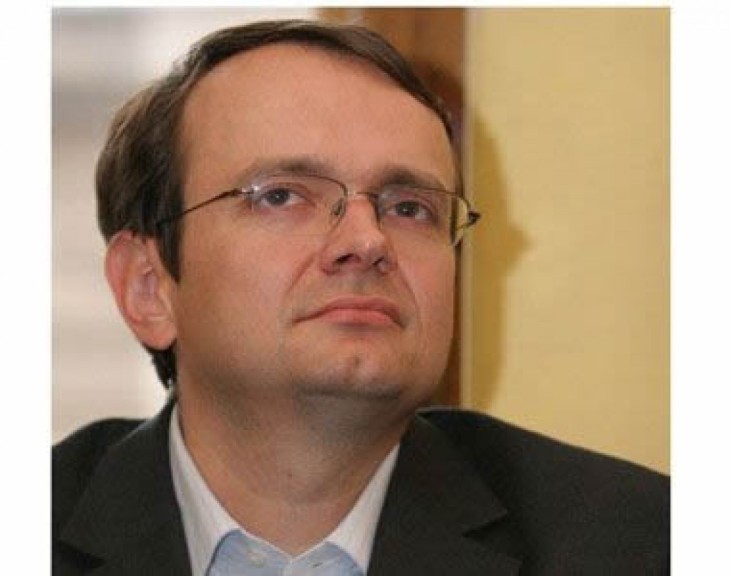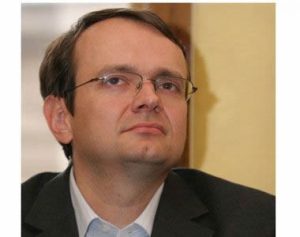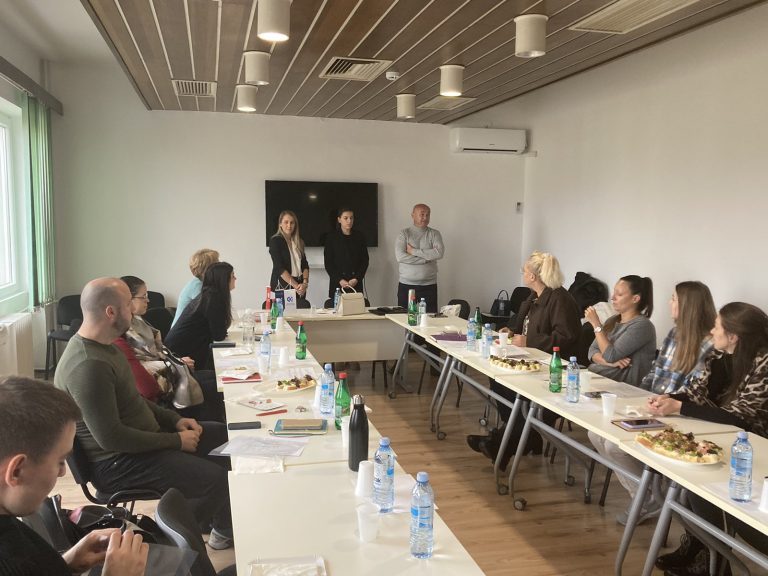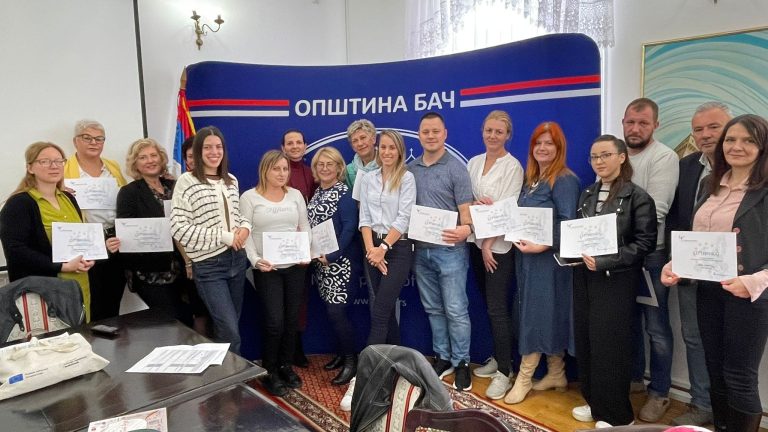Interview with Predrag Novikov, published in the daily DANAS on 22 January

Centralized with difficulty to Europe
Dozens of projects only from the CBC Programme – Municipalities need to have development plans – Instead of political forecasts about the EU, we need information and training on funds
-I believe that Niš, Užice or Kragujevac deserve to have their own funds for capital investment, development and investment attraction, as well as their departments for European affairs. A great number of municipalities do not even have development plans, which are a basis for access to EU funds. Such a centralized country can face the economic crisis with more difficulty because there are only two supports, Belgrade and Vojvodina. Moreover, centralization creates a mentality of subordinates, whereby there is always someone else to blame and who, instead of taking responsibility, always point their finger at someone else”, says Predrag Novikov, Director of the Office for European Affairs, in his interview for DANAS. To what extent does the Office for European Affairs take advantage of the fact that it has been working for a few years and what are its chances of transferring its experience to centers of other regions in Serbia? -We have received on training our colleagues from Niš, Golubac, Despotovac, Šabac, Dimitrovgrad,Vlasotince, Medvedja, etc. Some of them have joined us in Brussels, where for the first time, we have opened the doors of European institutions to them, as well as the doors of our regional partners, who are already present in the capital of the Union. Some partners from Italy and Austria have already expressed their willingness to join us on our way to south Serbia and to try realising joint European development programmes. As far as regional cooperation and European initiatives are concerned, Vojvodina is certainly a leader in Serbia, however, we need strong local and regional partners all over the country. Is everything easy for us? Of course not, there are a lot of challenges, but we have to have the mentality of a winner and to compete constantly, to “push” on behalf of our country and open new opportunities for all our citizens. What did Vojvodina obtain by establishing the Office for European Affairs? -Three years ago, I started with the President of the Executive Council, Bojan Pajtić from a sheet of paper and a sketch of goals. Today we have a network of contacts and regional partnerships across Europe, from Italy and Austria to Germany, the Netherlands and Sweden, which we have established with the support of the Ministry of Foreign Affairs. We are present at the Committee of the Regions and European Parliament… We want to have the highest-quality information, and that is why we are present at places where approaches are adopted and decisions are made. Thus, we are members of the British and French institutes of international affairs and regional polices, the Institute of the Regions of Europe in Austria, institutions in Brussels, regional initiatives, etc. Dozens of projects have been realized in Vojvodina only in the CBC Programmes, whilst regional partners have become the engine of economic cooperation and new investment. Different forecasts about the time of EU accession can be heard even by high positions at the state administration. -Time has shown that witchcraft and predictions about when our country will officially become a candidate country, and eventually, an EU member state, discredits both the forecaster and the process itself. Instead, I suggest that for a start, a relevant ministry should send urgently to all municipalities in the country a uniform and clear piece of information about who, where, when and how one can apply for available European funds and how to train people in municipalities to submit and implement projects. It is also humiliating for the state that we in the province obtain technical information on funds and some development initiatives easier and faster from our European partners than from competent ministries. When we are in such a position, you can only imagine what less developed parts of the country are able to learn about specific issues. If they do not get relevant information and training urgently, European promises will be difficult to fulfill. What awaits Serbia next year with reference to direct investment from Europe, taking into consideration the gloomy forecasts about the world economic crisis? -The wave that has started with the world financial market crash is now spilling over to the real sector and economic hindrance will not bypass us. I believe that we can expect more serious economic challenges already in spring. We will have to compete for new investment even more fiercely and that race will be won by the most efficient and most successful. Those parts of the country which have not made preparations, which have neither development plans nor institutions to implement them will face a lot of challenges.





